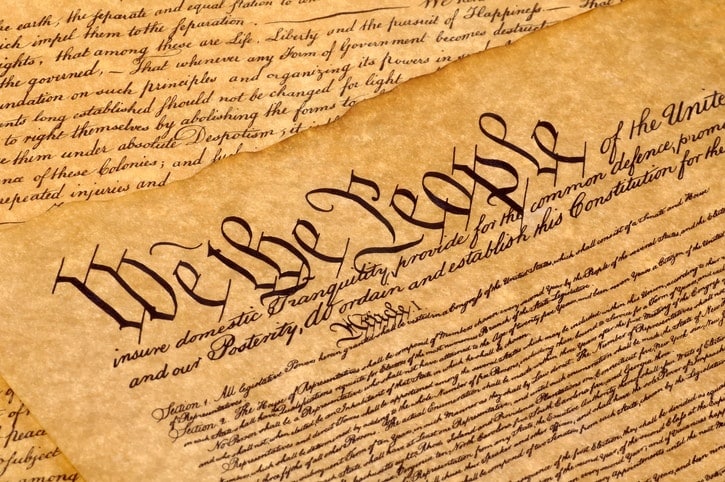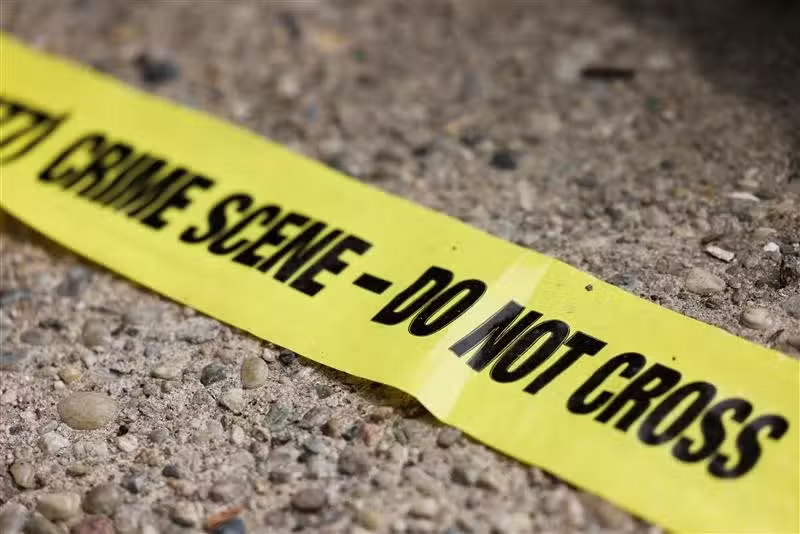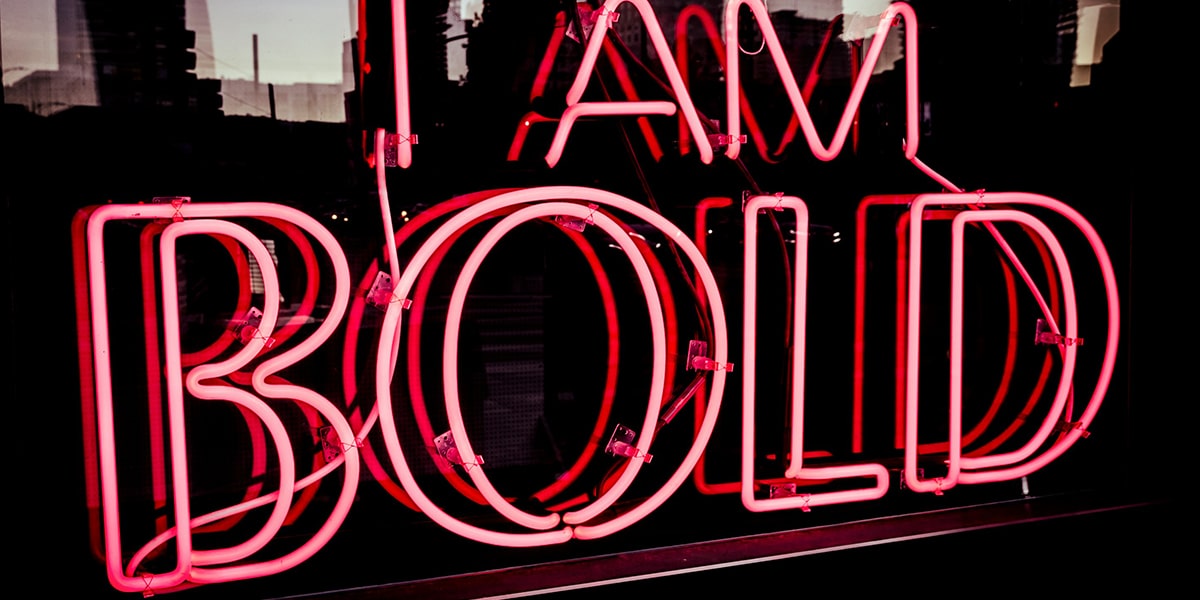In May, a Portland, Oregon, train was the site of a violent attack, which killed two men and critically injured a third, all of whom were defending two teenage girls from a hate-filled verbal assault. The incident offered a poignant answer to a timely question: What is an American?
In the turbid stew of political discourse that pollutes our airwaves, our conversations, and even our thoughts, this question simmers below the surface.
Your patriotism, or even your right to live here, might be called into question if you are an immigrant. Or if you disagree with one or both major parties. Or if you are black or gay or female or poor or unemployed or disabled. If all the Americans of questioned status were suddenly out of the country, would anyone be left at all?
As Catholics, we should find this conversation familiar. After all, we have been arguing about who is good enough to be called Christian for thousands of years. We hold councils and trials, launch Crusades and Inquisitions, and castigate one another in censure and social media. We have learned that a better conversation is to be found in the stories of the saints.
We don’t say that the saints are perfect. We don’t say that our own path to sanctity follows precisely in their footsteps. After all, we can’t all minister to the lepers on Molokai or preach to wayward Italian wolves. We do, though, affirm the saints’ virtue and declare them to be heroic in pursuing the values of the Gospel. It’s a tall order, but it’s something we can all at least strive for.
In this way, our tradition allows us to remember the name of St. Perpetua and the story of St. Francis Xavier, even centuries later. Our heroes are memorialized in stories and the stained glass of a thousand cathedrals.
But in just a few months, the names of those heroes from Portland are out of the headlines and maybe out of our heads: Taliesin Myrddin Namkai-Meche, Ricky John Best, Micah David-Cole Fletcher. Two of them laid down their lives for a stranger, and their makeshift flower-and-candle
memorials won’t fare well against the enemy of time.
They were dissimilar in just about every other way. Best was a 53-year-old veteran of Iraq and Afghanistan, a father of four who worked for the city of Portland. Namkai-Meche, 23, was a recent Reed College grad and worked as an environmental analyst. Fletcher, just 21, is a poet with a passion for social justice and a part-time pizza-delivery job. During his recovery, he told a Portland newspaper, “I’m not a hero, nobody special. ”
But he is special. They all are. We knew it the minute we heard the story, when we saw the mourning families and the gathering community support.
Without knowing the victims, or each other, they understood: it’s not about who you are or where you come from. It’s not about your politics or your pay grade. It’s about standing up for those who can’t stand up for themselves. These three men had the ability to look beyond appearances of “us ” and “them ” and, in a split second, realize whose side they had to be on.
In an age where none of us can agree what it means to be an American, three men stepped forward on a Portland train and showed us.
We honor our saints with feast days, prayers, and petitions. How can we remember these heroes, men so close to our own time and circumstance, when many of us resist the inconvenience of public transportation or, once on it, might hesitate even to offer our seat to someone elder or infirm? If that had been us on the train, would we even have said a word?
Perhaps we will now. It’s a tall order, but it’s something we can all strive for.








